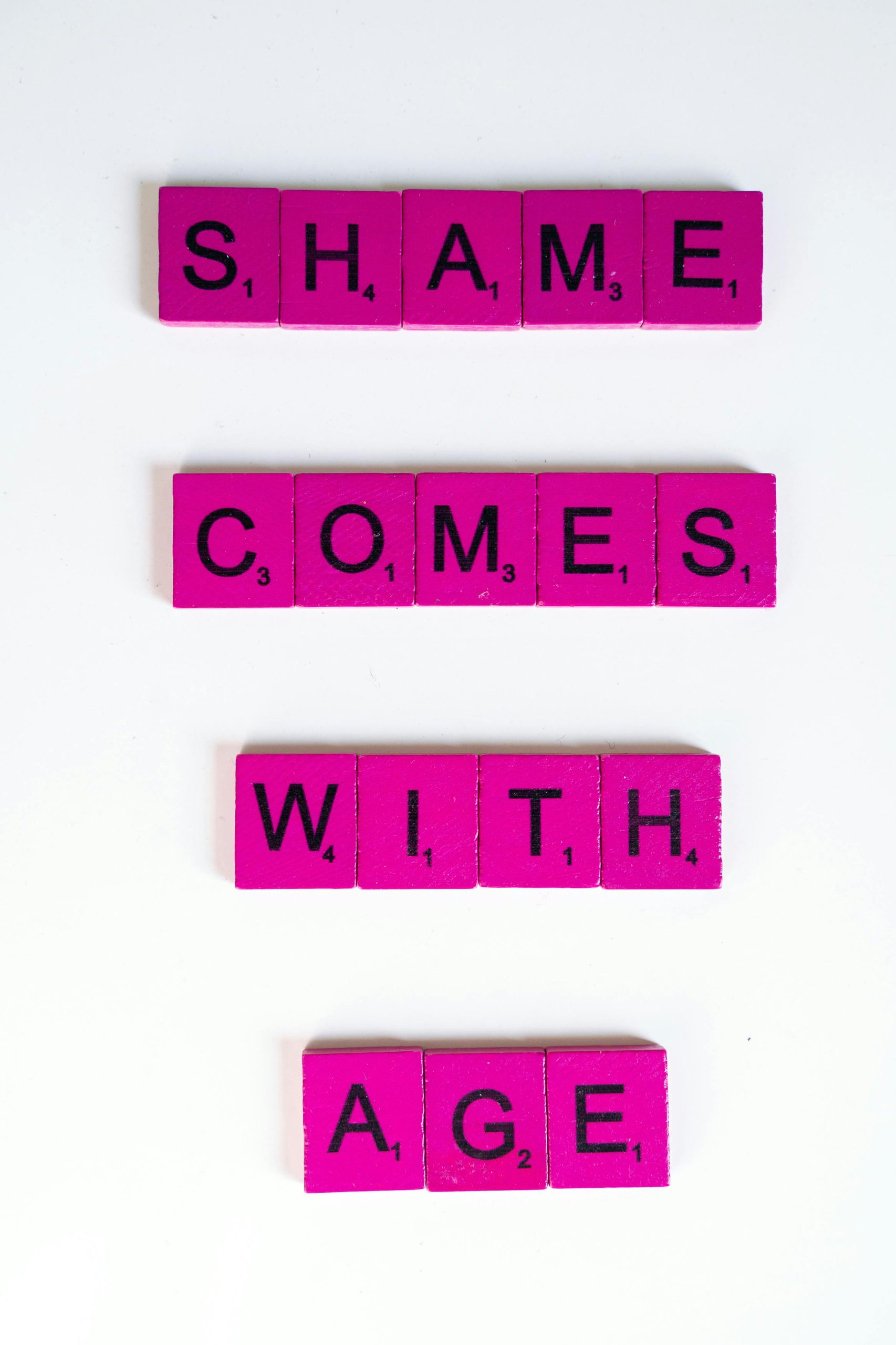Our unfortunate situation has made headlines! It’s disappointing that it might not lead to any real change. Perhaps it will take someone getting hurt for action to be taken?
Supporting the People of Berkshire

Our unfortunate situation has made headlines! It’s disappointing that it might not lead to any real change. Perhaps it will take someone getting hurt for action to be taken?
You must be logged in to post a comment.
It’s frustrating when important issues get media attention but little action follows. It often takes a crisis for change to happen, which is unfortunate. Hopefully, sustained awareness and pressure from the community can lead to meaningful reforms before it comes to that. What specific changes are you hoping to see?
This is a thought-provoking post that highlights a critical issue regarding media attention and societal change. Your insight into the possibility of spotlighting social struggles resulting in little substantive action is particularly poignant. It reminds me of the concept of media fatigue, where continuous exposure to crises diminishes public empathy and the urgency for meaningful change.
Perhaps we could explore how leveraging social media platforms for grassroots movements could create sustained advocacy and pressure, rather than relying solely on traditional media narratives. Engaging with the community, sharing personal stories, and creating collaborative action plans could help keep the conversation alive beyond the headlines. It’s essential that we not only raise awareness but also translate that awareness into proactive measures that prevent further misfortunes. What are your thoughts on engaging with local policymakers directly to push for policy changes inspired by these unfortunate situations?
It’s unfortunate that media attention often feels more like a double-edged sword, especially in times of misfortune. Your post raises an important point about the potential for sensationalism overshadowing the urgency for meaningful change. Often, these public narratives can catalyze awareness, but without a clear follow-up action, they risk becoming mere storytelling exercises that do little to address the underlying issues. It’s crucial for us to not only raise awareness but also to mobilize communities and stakeholders to advocate for solutions. Creating a platform for ongoing dialogue and action can empower individuals and groups to turn this moment of attention into a sustained effort for change. How do you think we can bridge the gap between awareness and actionable outcomes in situations like this?